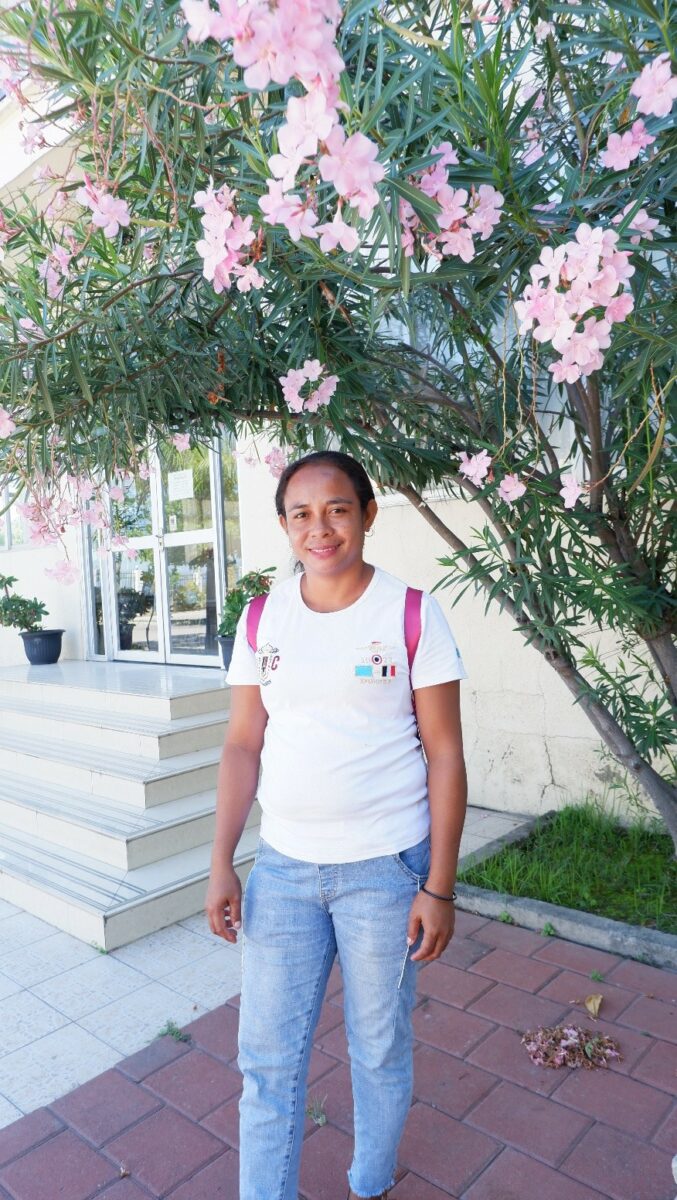
Most households in the Barique Posto Administrativo region of Timor-Leste rely on agriculture, livestock and fishing for a living. Income fluctuates throughout the year, making it difficult to make ends meet. Despite having less agency in money management, women carry a larger share of the household’s financial burden. The problem is compounded by their lack of access to information, because they do not attend meetings or other social work activities at the village and hamlet levels.
The ATSEA-2 Project has been working to support the implementation of integrated coastal management (ICM) in Barique Posto Administrativo region, which includes the empowerment of female entrepreneurship in rural areas. ATSEA-2 Project recently initiated a women’s cooperative in the region, with a goal of improving women’s financial management skills.
On 3 June 2022, the women’s cooperative was officially established, with 16 women appointed as the inaugural members. For the first time in Barique, women have been able to establish their own financial institutions to meet their economic and social needs. Since the group was established, members’ attitudes toward managing their expenses have already begun to change.
For Jacinta Maria Da Cruz, also known as Mana Sinta, the women’s cooperative helps her prepare for her children’s education. She is a housewife and a mother of three, who actively participates in the cooperative. She admitted that previously, she didn’t know how to manage her income. “Now, I know how to make a budget for my family’s daily expenses – through the women’s cooperative, I can save the extra funds for my children to pay their tuition fees in the future,” she added.
Almerindo De Jesus, a livestock farmer in Barique, also shared his experience as a cooperative member. Although he is a man, he became interested in becoming a cooperative member and regularly saves money in his account. “I used to be wasteful and never thought of saving my income. After becoming a member of the cooperative, I learned that I shouldn’t spend all of my income; I can take half of my money and save the rest for a rainy day,” he explained.
The formation of a women’s cooperative forms the first step in accelerating the development process and increasing women’s participation in organisational and business operations. Moving forward, the ATSEA-2 Project will continue to support opportunities for women in Barique, to help them realise their leadership potential.
Prior to the establishment of the women’s cooperative, ATSEA-2 collaborated with the Ministry of Agriculture and Fisheries (MAF) and the Ministry of Cooperatives of Timor-Leste, providing training to 43 women from 25–29 April 2022. ATSEA-2 is committed to protecting coastal people’s livelihoods and prosperity, particularly in transboundary areas, by implementing sustainable integrated principles.
By Ni Luh Putu Yulia Dewi


